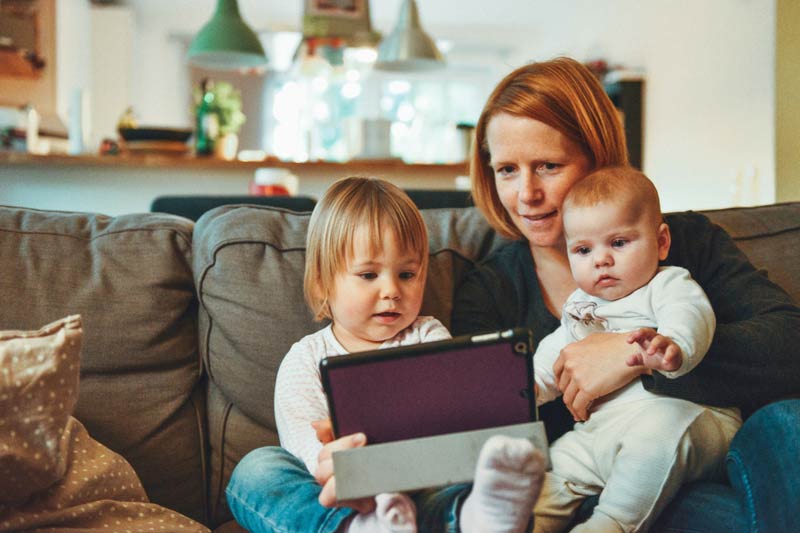
Returning to work after having a baby
29 Jan, 20185 MinsHaving a baby or starting a family can make all sorts of changes to a family’s life. However...

Having a baby or starting a family can make all sorts of changes to a family’s life. However, for mothers and fathers, returning to work after maternity or paternity leave is far, far more common than it was a couple of decades ago. Apart from needing the financial support a job provides, many parents find that they need the social interaction of adults on a daily basis. There is of course the matter of career progression and many parents return to work after paternity leave to continue with their chosen career.
Of course, a selection of parents still opt to tak a career break or not to return to a job outside the home until their brood is reared.
Know your rights
Under the Maternity Protection Act, on their return to work after maternity leave, women are supposed to be treated as if they had been in work over those 26 or 42 weeks.
Both parents are also entitled to 14 weeks unpaid parental leave for each child up to 8 years old. If you have more than 1 child this is usually limited to 14 weeks being taken over 12 months. Normally the 14 weeks is broken down into 1 or 2 blocks of time, but some employers allow staff to break it down into days or even hours.
Flexible workplaces
Flexible working options are very dependent on your career area but over the last decade employers have become less rigid. Flexible working is worth inquiring about, as especially in a difficult economic environment it might just suit your employer to offer flexible options that result in a lower payroll.
Common flexible working options include: starting late or finishing early in order to do the school run, working 3 or 4 rather than 5 days a week, job sharing and ‘term time’ extended leave from work to coincide with school holidays.
If your current employer is not flexible it could be worthwhile looking for another job that has more flexibility or a company that has family-friendly policies.
Maternity leave doesn’t always end at 42 weeks for some mothers. Rather than sending children to a crèche and battling with work life balance and commutes, some mothers choose not to work until the youngest of their children has started school.
If you’re thinking of returning to work following a long break from formal employment, you will need to take time to re-assess your skills.
Transferable skills from motherhood
In assessing your skills and abilities it’s important that you keep in mind any transferable skills you have developed in the full-time job of being a stay-at-home mother.
These may include such attributes such as organisation and multi-tasking. Consider the following:
- Has your role as a mother included event planning?
- Would you describe it as a supervisory role?
- Did you have to deal with demanding situations?
- How did you cope under stress?
Are any of the above newfound or well-honed skills you can bring with you to your next job?
If so, add them to your list of skills you acquired in your career before you started a family. Make sure to list them in your updated CV, mention them in job application forms and at interview.
Brush up on your skills
If you feel your computer skills are a little rusty or outdated it’s a good idea to do a refresher course to give you more confidence at interview or on returning to the workplace.
There are many part-time, full-time and short courses available both in local colleges, libraries, VECs, private training institutions and via e-learning. Participating on a relevant course will help get you back to the skills level you were at previously or familiar with modern operating systems if it’s quite a few years since you left the workplace.
Thinking about reentering the workplace? We’d love to help.

